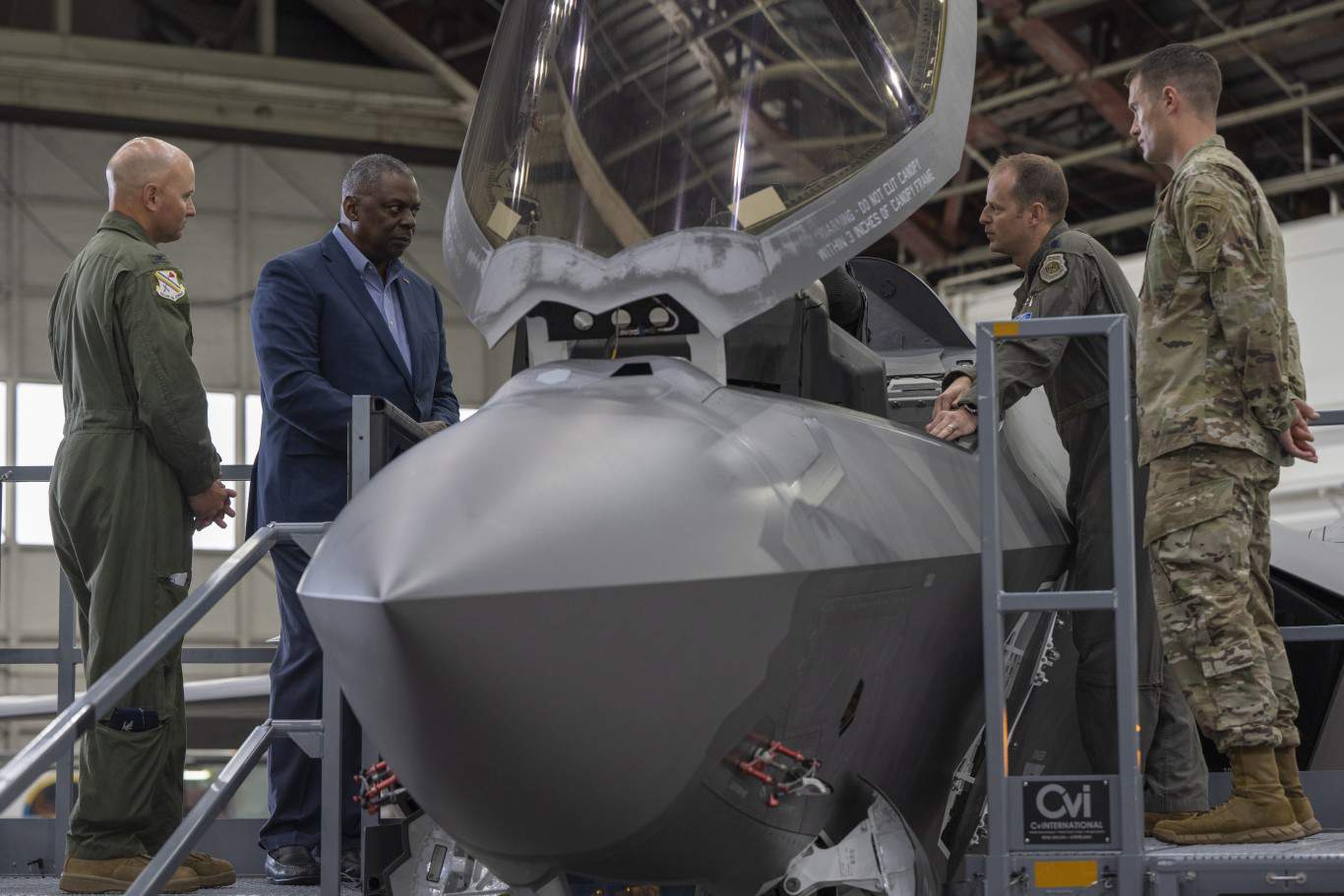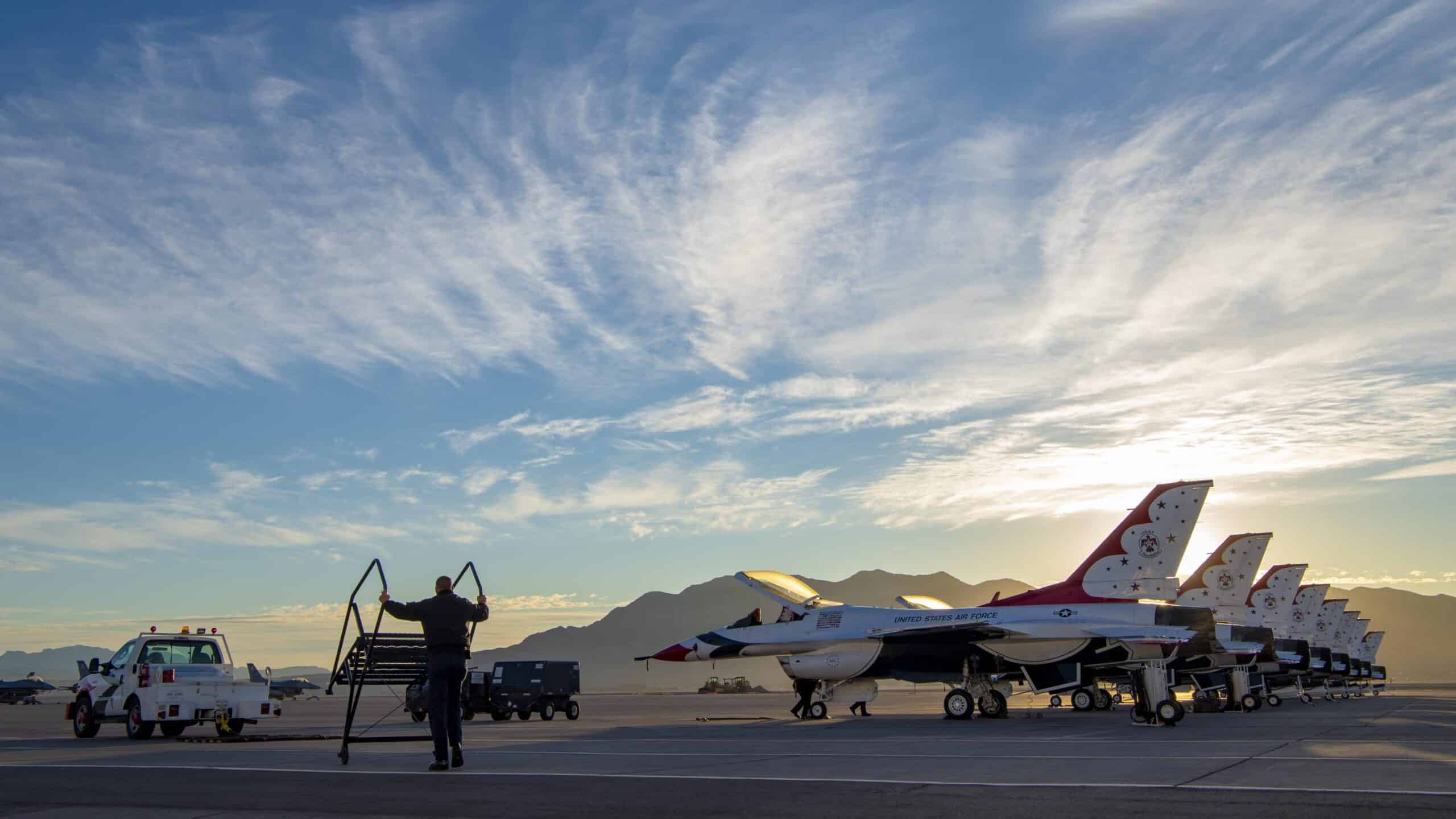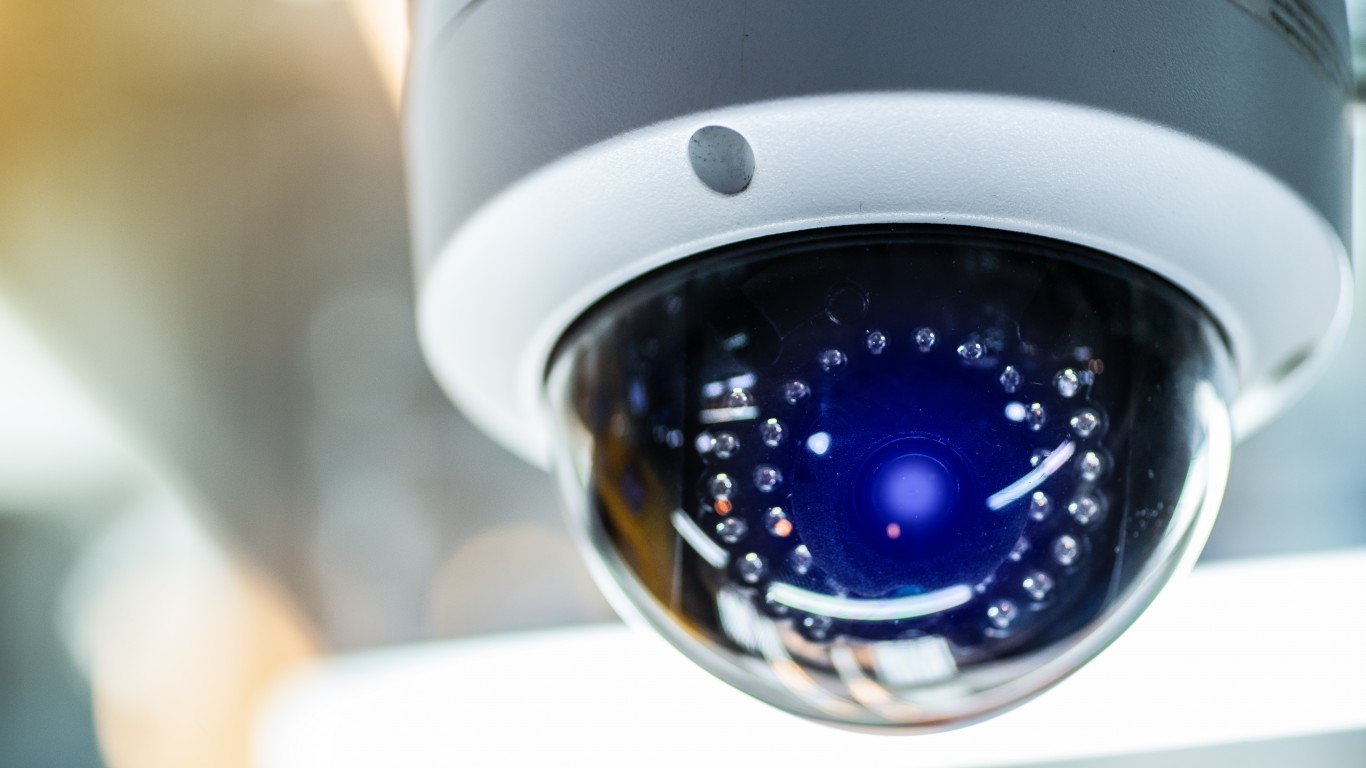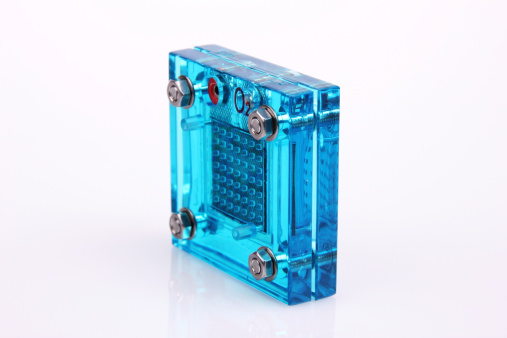
Innovation was the cornerstone of American military hegemony in the 20th century. Yet the rise of artificial intelligence presents new threats and opportunities in the 21st century. The greatest challenge facing the United States military is keeping ahead of its rivals technologically. Accordingly, several new startups have emerged to meet the needs of the US military. This article examines five startups worth keeping an eye on.
Why This Matters

The Pentagon and Silicon Valley haven’t always been harmonious but that could soon change. In an address, Secretary of Defense Lloyd Austin acknowledged the so-called “valley of death” – the gap between development and adoption by the Department of Defense (DoD). As the Pentagon moves to help companies cross that valley, there is a major opportunity for non-traditional vendors to enter the defense sector.
Defense Innovation Unit

The Defense Innovation Unit (DIU) is a branch of the Department of Defense formed in 2015 to facilitate the rapid adoption of cutting-edge commercial technology. In March 2024, the DIU was awarded a huge funding increase for 2024. The DIU’s budget for the coming year is $946 million, over $800 million more than was requested. The DoD is also betting big on autonomous systems with $200 million allocated for the Replicator Initiative.
Anduril

Anduril has shown that a young startup can beat more established names to lucrative defense contracts. Anduril’s main areas of interest are software, border and base security, and unmanned air and underwater vehicles. All of Anduril’s products use Lattice, the company’s AI-powered operating system. Lattice synthesizes information from sensors and data sources to allow commanders on the ground to make informed decisions. With serious financial backing, the company is one of the fastest-growing names in defense today. As the complexity of modern warfare moves beyond human comprehension, Anduril seeks to provide the means to lift the fog of war.
Shield AI

In the words of co-founder Brandon Tseng, “China’s military is Netflix; the U.S. military is Blockbuster.” The company seeks to redress this with Hivemind, its AI software. Hivemind is an AI pilot that can autonomously operate aircraft on missions ranging from room clearing with drones to dogfighting with F-16s. Secretary of the Air Force Frank Kendall, a strong proponent for using AI, flew in an AI-powered F-16 in May 2024. As well as the Department of Defense, the company also has contracts with the Department of Homeland Security.
ZeroEyes

A Pennsylvania-based startup specializing in weapons detection, Zeroeyes uses AI to scan images from thousands of security cameras to alert human operators at its Conshohocken headquarters of potential threats. The idea is to stop shootings before they happen. Zeroeyes is the only company of its kind that holds SAFETY Act designation from the Department of Defense. Because of this, the company has grown rapidly in recent years and its software has been installed in several school districts across the country.
Epirus

Traditional air defense systems are not well-equipped to deal with swarms of cheap kamikaze drones. Such contemporary adversaries as Iran have invested heavily in drone production and have developed models that cost just $20,000 apiece. Shahed drones were used in the attacks on Israel in April 2024 and have been used by Russia in Ukraine. Consider a single round of a Patriot launcher costs $4 million and it’s clear that a more cost-effective measure is imperative.
Epirus developed Leonidas, a weapons system, to counter swarms of drones. Leonidas uses a high-power microwave (HPM) system to fry the drone’s control systems and is programmable to differentiate between friendly and hostile drones. This makes for a cost-effective way to enforce a no-fly zone autonomously. The company secured a $66 million contract with the US Army in 2023 to further develop Leonidas.
Mach Industries

Ethan Thornton, a teenage MIT drop-out, founded Mach Industries in 2022. The company concentrates on hydrogen-powered unmanned air vehicles (UAVs) and munitions. Despite the young age of the company and its founder, Thorton has ambitious plans for the future. He outlined his company’s plans to “replace gunpowder”, essentially treating missiles like bullets. If successful, hydrogen-powered munitions would be far cheaper and more efficient.
Hydrogen is a clean source of energy that could be sourced in the field, which offers key military advantages. The Department of Defense has shown keen interest in hydrogen. While public details of Mach Industries products are sparse, the company’s website mentions an unmanned miniature jet, Viper, but little else. The company has attracted interest from investors. Sequoia Capital led a round of funding in June 2023. In October, Mach Industries raised $79 million in Series A funding.
Conclusion
With a huge DIU budget increase, the United States government has made its intentions clear regarding innovation in the defense sector. The ongoing war in Ukraine, tensions in the Middle East, and China’s rising military power all present serious challenges for the United States. With the right investments and fostering better connections with the tech sector, the US military can meet its future needs. The companies featured in this article are among those best positioned to reap the rewards of that commitment.
The Average American Has No Idea How Much Money You Can Make Today (Sponsor)
The last few years made people forget how much banks and CD’s can pay. Meanwhile, interest rates have spiked and many can afford to pay you much more, but most are keeping yields low and hoping you won’t notice.
But there is good news. To win qualified customers, some accounts are paying almost 10x the national average! That’s an incredible way to keep your money safe and earn more at the same time. Our top pick for high yield savings accounts includes other benefits as well. You can earn up to 3.80% with a Checking & Savings Account today Sign up and get up to $300 with direct deposit. No account fees. FDIC Insured.
Click here to see how much more you could be earning on your savings today. It takes just a few minutes to open an account to make your money work for you.
Our top pick for high yield savings accounts includes other benefits as well. You can earn up to 4.00% with a Checking & Savings Account from Sofi. Sign up and get up to $300 with direct deposit. No account fees. FDIC Insured.
Thank you for reading! Have some feedback for us?
Contact the 24/7 Wall St. editorial team.





